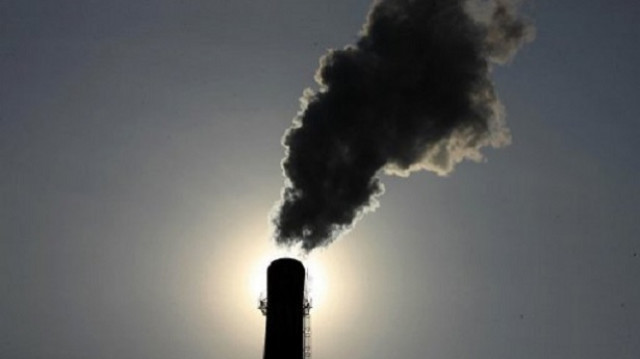Opportunities lost: Pakistan lags behind S Korea, Vietnam in carbon reduction
Only 29 projects of minor value approved for carbon credits since 2006

Due to the lacklustre performance of a cell at the Climate Change Division, Pakistan lags far behind China and India in approving projects for carbon credits in the international market.
Carbon credits and carbon markets are a component of national and international attempts to cap greenhouse gas emissions and to allow market mechanisms to drive industrial and commercial processes towards lowering emissions.
Pakistan has approved only 29 projects of minor value for carbon credits since 2006.
The Clean Development Mechanism (CDM) was initiated under the 1997 Kyoto Protocol of the United Nation Framework Convention on Climate Change (UNFCCC) in order to explore cost-effective options to mitigate the impacts of climate change.
It is one of the instruments that help developing countries achieve sustainable development, while at the same time contributing to the ultimate objective of the UNFCCC.
Under the CDM, developed countries assist developing ones in implementing project activities that reduce greenhouse gas emissions in return for certified emission reductions, which are widely referred to as carbon credits.
Pakistan signed the Kyoto Protocol on January 11, 2005, and became eligible to benefit from the CDM.
A CDM cell, named the Designated National Authority (DNA), was established at the Climate Change Division in August 2005 to provide technical and policy support and to advise the government in matters related to implementation of the CDM strategy in Pakistan and approval of projects for carbon credits.
“The CDM is the only instrument that is available for developing countries to assist them in achieving sustainable development and contributing to the ultimate objective of the convention,” a Climate Change Division official said on the condition of anonymity.
He said that under the CDM, developed countries assist in implementing project activities that help reduce greenhouse gas emissions the developing countries by offering carbon credits.
Under the CDM projects in Asia till 2012, China deposited 55.8 per cent, India 29.2 per cent, Indonesia 2.3 per cent, Vietnam 3.6 per cent, Thailand 2.3 per cent, Malaysia 2.3 per cent, South Korea 1.3 per cent, Philippines 1.1 per cent, and Sri Lanka 0.4 per cent of all projects. Pakistan’s share was only 0.6 per cent.
Similarly, in terms of volume of CERs until 2012 in Asia, China’s carbon credit share was 72.7 per cent, India’s was 15.6 per cent, Vietnam’s was 1.0 per cent, Indonesia 1.6 per cent, Thailand 0.8 per cent, Malaysia 1.3 per cent, South Korea 5.8 per cent, Philippines 0.4 per cent, Sri Lanka 0.1 per cent, while Pakistan’s credit share was only 0.4 per cent.
The figures show that the CDM cell has done little to increase its share of the millions of dollars available for carbon credits. Though CDM cell officials regularly travel abroad on tours, no awareness programme, seminar or any other activity or capacity building programme has been carried out by the cell in 2014.
At the same time, no work has been done by the CDM cell to review, evaluate, and disseminate information, or approve projects for carbon credit during first 10 months of the current year.
Published in The Express Tribune, November 7th, 2014.



















COMMENTS
Comments are moderated and generally will be posted if they are on-topic and not abusive.
For more information, please see our Comments FAQ